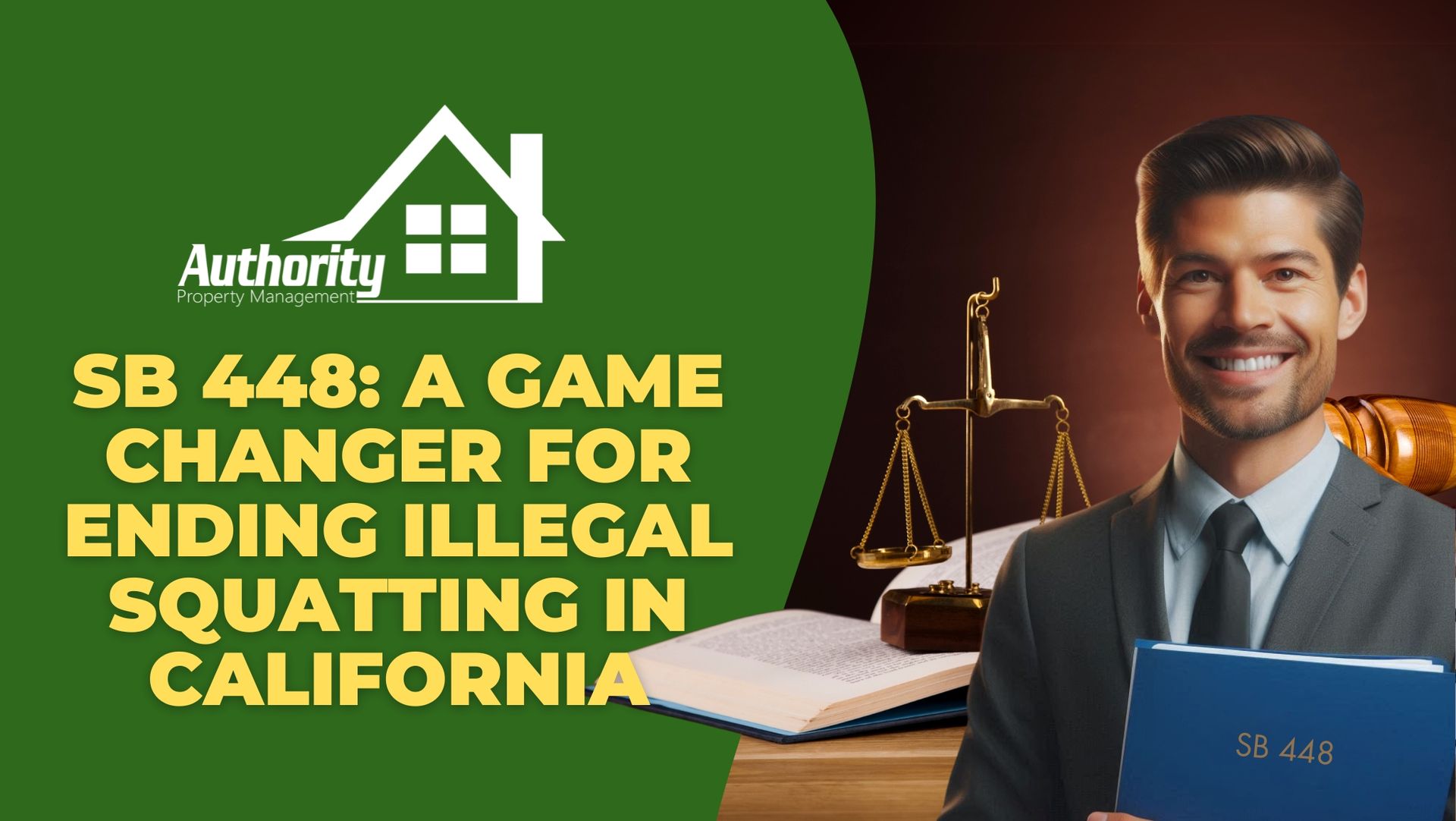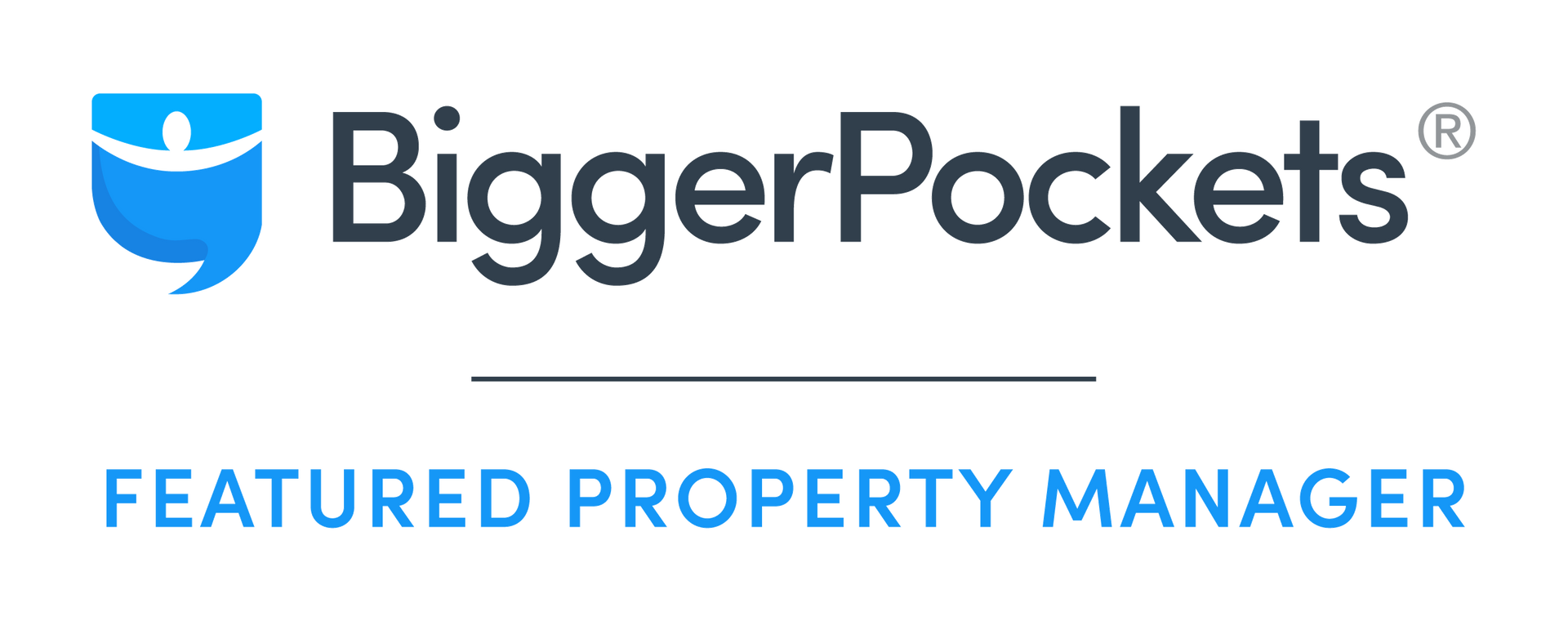How SB-721 is Shaping the Future of Property Management in California: A Comprehensive Analysis
The Impact of SB-721 on California's Property Management Industry

Introduction
Senate Bill 721 (SB-721) was enacted to improve building safety standards, particularly for balconies and elevated exterior elements. This blog post provides a detailed yet accessible analysis of SB-721's immediate and long-term effects on landlords and property managers in California. We'll explore the economic, social, political, and environmental impacts, drawing from real-life examples, expert opinions, and future scenarios. We'll also discuss historical precedents, solutions, and the role of technology, concluding with a perspective on the future of property management in California.
Current Situation
SB-721 requires that balconies, decks, and other elevated exterior elements in multifamily buildings be inspected every six years. Qualified professionals must conduct these inspections, including licensed architects, civil or structural engineers, or experienced contractors.
Who is Qualified to Conduct Inspections?
Inspections must be performed by:
- Licensed Architects with structural design expertise.
- Civil or Structural Engineers licensed in California.
- Licensed Contractors experienced in balcony and deck inspections.
These professionals must follow strict guidelines to ensure the safety and integrity of these structures.
Immediate Implications
Economic Impact
Landlords: Landlords will face increased costs for inspections and necessary repairs, impacting their operating budgets.
Property Managers: Property management firms may need to offer additional services to coordinate these inspections, potentially raising their fees but also providing a new service niche.
Social Impact
Tenant Safety: Tenants will enjoy improved safety standards, reducing the risk of accidents.
Landlord-Tenant Relations: While initial disruptions might cause tension, improved safety could lead to higher tenant satisfaction over time.
Political and Legal Impact
Regulatory Compliance: Landlords must adhere to new regulations to avoid penalties.
Litigation Risks: Non-compliance with SB-721 can lead to legal consequences, making strict adherence essential.
Long-Term Implications
Economic Impact
Property Values: Regular inspections and maintenance can enhance property values by ensuring safety and structural integrity.
Market Dynamics: Increased costs may lead some landlords to leave the market, potentially reducing housing supply.
Social Impact
Community Stability: Improved safety measures contribute to stable communities by reducing accidents and fostering trust.
Displacement Concerns: Higher costs for landlords might result in rent increases, potentially displacing lower-income tenants.
Political and Legal Impact
Policy Evolution: SB-721 could inspire similar safety standards in other states.
Legal Precedents: The enforcement of SB-721 will set legal precedents that shape future building safety regulations.
Case Studies and Real-Life Examples
Berkeley Balcony Collapse (2015)
A tragic balcony collapse in Berkeley, California, resulting in multiple fatalities, underscored the need for stricter building safety regulations. This incident was a driving force behind SB-721.
San Francisco’s Safety Regulations
San Francisco's rigorous safety regulations provide insights into how SB-721 might impact the property management industry, highlighting both challenges and benefits.
Expert Opinions
Dr. Emily Carter, Structural Engineer: “SB-721 is crucial for enhancing the safety of multifamily housing in California. Regular inspections by qualified professionals will help prevent potential disasters.”
Sarah Johnson, Property Management Consultant: “While SB-721 increases operational costs, it offers an opportunity for property managers to enhance their services and improve tenant satisfaction through proactive maintenance.”
Potential Future Scenarios
Technological Advancements
The use of technology, such as drones and advanced monitoring systems, can streamline inspections and reduce costs.
Legislative Adjustments
Legislators might introduce amendments to SB-721 to provide financial incentives for compliance or grants to help smaller landlords manage costs.
Industry Consolidation
Smaller landlords may sell properties to larger firms better equipped to handle SB-721 compliance, leading to industry consolidation.
Solutions and Mitigation Strategies
For Landlords and Property Managers
- Adopt Technology: Use drones and monitoring systems to streamline inspections and maintenance.
- Legal Consultation: Regularly consult with legal experts to ensure compliance.
- Proactive Maintenance: Implement proactive maintenance programs to address issues before they escalate.
For Policymakers
- Financial Incentives: Introduce incentives or grants to support landlords in complying with SB-721.
- Educational Outreach: Expand programs to educate landlords, property managers, and tenants about SB-721.
- Periodic Reviews: Conduct reviews of SB-721 to assess its impact and make necessary adjustments.
The Role of Innovation and Technology
Innovation and technology are key to helping the property management industry adapt to SB-721. Advanced inspection tools and predictive maintenance software can improve efficiency and reduce costs, turning regulatory challenges into opportunities for operational excellence.
Conclusion
SB-721 represents a significant shift in building safety standards for California's property management industry. While the immediate economic and regulatory challenges are evident, the long-term benefits of improved safety and community stability are promising. By leveraging technology, fostering positive landlord-tenant relationships, and advocating for balanced legislation, the property management industry can navigate this new era successfully. The future trajectory of property management in California will depend on the ability of stakeholders to adapt, innovate, and embrace the opportunities presented by SB-721.
Share this post with a friend!
Disclaimer: The content on this blog is for informational purposes only and is not intended as legal or advice. Consult with a qualified professional for specific advice.


























